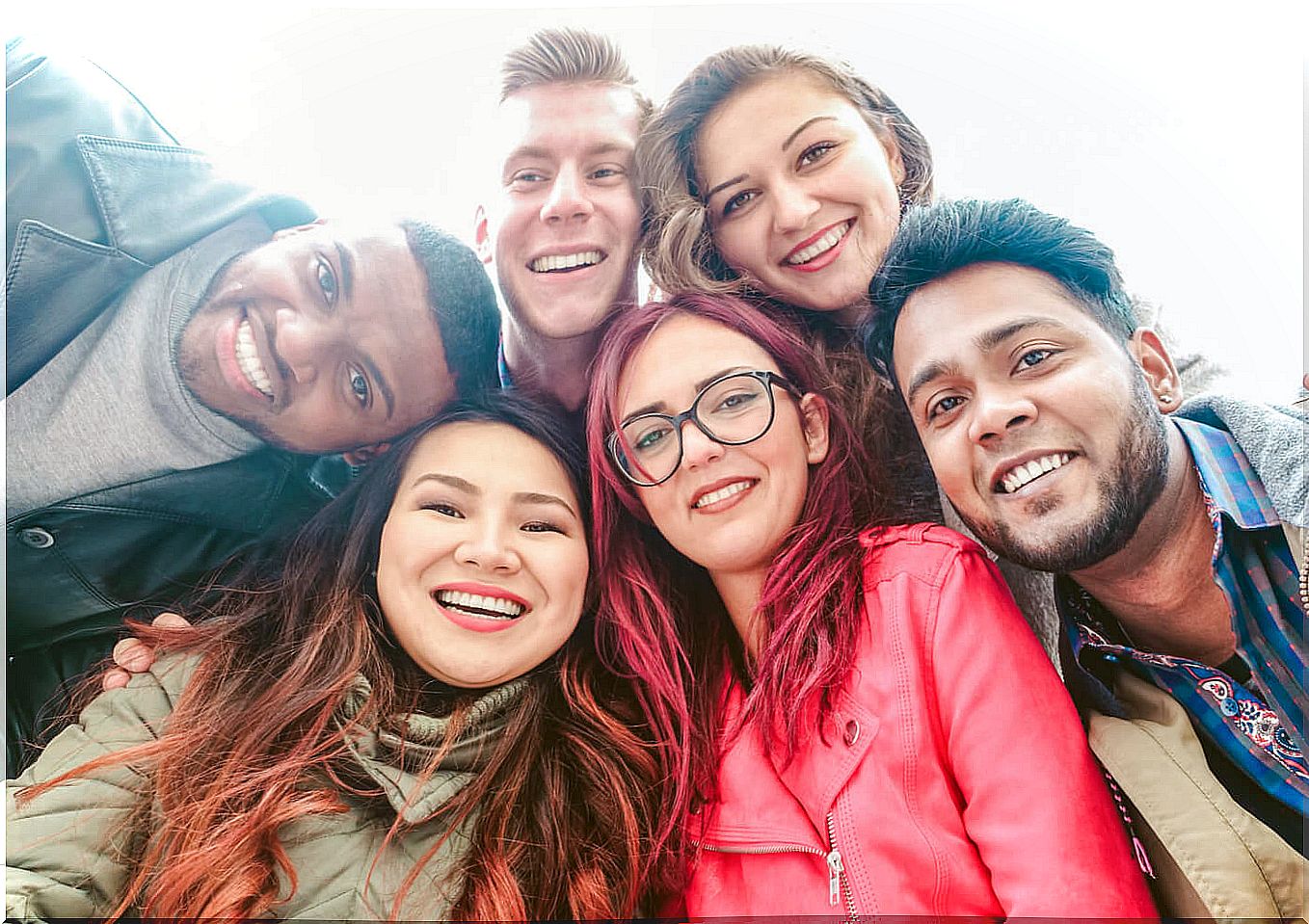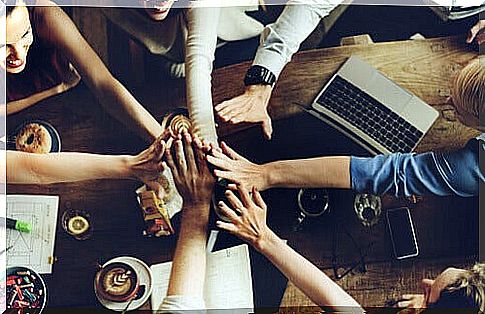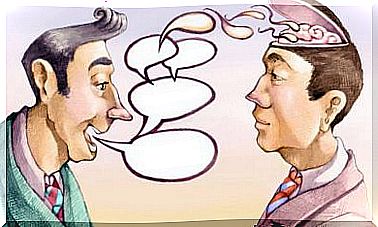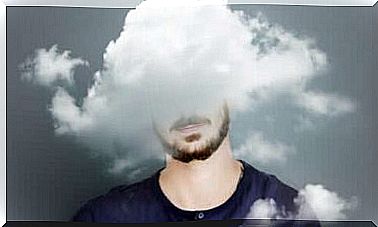The Power Of The Group, A Dangerous Place To Relinquish Our Own Responsibility

We all have a reference group with which we share passions, a job… In fact, a group is essential to be fulfilled as a person. The power of the group gives us security, strength and helps us feel comfortable with ourselves. However, it also conditions us. How many times have we hesitated to do something but ended up doing it by succumbing to inertia and consoled ourselves by telling ourselves that others had acted the same way?
The group guides our thoughts and behavior. In the field of secondary socialization, it is one of the most important elements in the learning of social norms. The group helps us to face adversities but is also the shield with which we can protect ourselves from the harm we do. The problem arises at this precise moment, when we justify our actions with a “ others did the same”.
The group and the identity
From the moment we are born, we are part of a collectivity: society. We are members of a community that includes many people. However, when we grow up we do not identify the whole of society as our group but we see as one more individual. So we spend a large part of our life looking for a referent, someone with whom we would feel comfortable.
As part of our personal and moral development, the group creates our identity and, during adolescence, this is of great importance. Parents cease to be our guides and are relegated to the background. We seek other sources of knowledge and we will eventually consolidate our personality in a group of similar people.

Group power and deindividualization
By making the connection with what we said previously, the individual identity is transformed into a group identity. We do not see ourselves as a single subject with our own consciousness but as an integral part of several groups. In other words, we lose some of our self-awareness and sometimes we just let go of what the rest of the group is doing. A result of group power.
This is already a disadvantage in itself because we delegate the criterion and the responsibility for our actions to others. Nevertheless, this problem is multiplied when the acts are anti-social and do not adjust to community norms.
Deindividualization arises as a loss of this self-consciousness in which the individual escapes from his identity as his own subject. Responsibility, therefore, is not linked to the acts we perform as individuals but as part of the community to which we belong.
To better understand this idea: we distribute the responsibility among all members. “I did wrong but the rest of the group did the same as me”. In this way, the action is devalued and is seen as less offensive because the consequences generated are not only our fault: other people participated in it.
This phenomenon increases when, in addition to moving forward as a group, we remain anonymous. Physical anonymity makes our recognition difficult because we remain in a state of invisibility in the face of the world. Responsibility, therefore, is also diluted, and we find it even harder to feel guilty. At the end of the day, no one knows who we are.
The power of the situation
The power of the situation is the first principle to explain the modification of behavior, despite the thoughts of the individual. The context in which we find ourselves will guide our ways of acting.
A rather representative example is the experiment carried out by Asch. During the latter, he gave a group of people a test: they were asked to give the answer they considered correct as a solution to a problem. However, several participants were “accomplices” and had to give an incorrect answer in front of the others. A high percentage of the subjects who were part of the research and were not “accomplices” therefore reported the incorrect answer… although if they had not been aware of the others’ answers, they would have chosen the correct one.

This shows that what the rest of the group thinks of us matters to us and that we adapt our behavior to the wishes of the latter. We act with what the rest of the group expects from us. Many people who answered were convinced that the answer given was not the right one, but they preferred to be wrong and to be “accepted” by making this choice.
The group is part of us, it changes us and we influence it: we share interests, it improves our ability to bond, etc. However, group pressure sometimes dilutes the perception of the harm we are doing. The philosophy that emerges is simple: “if one falls, we all fall”.










